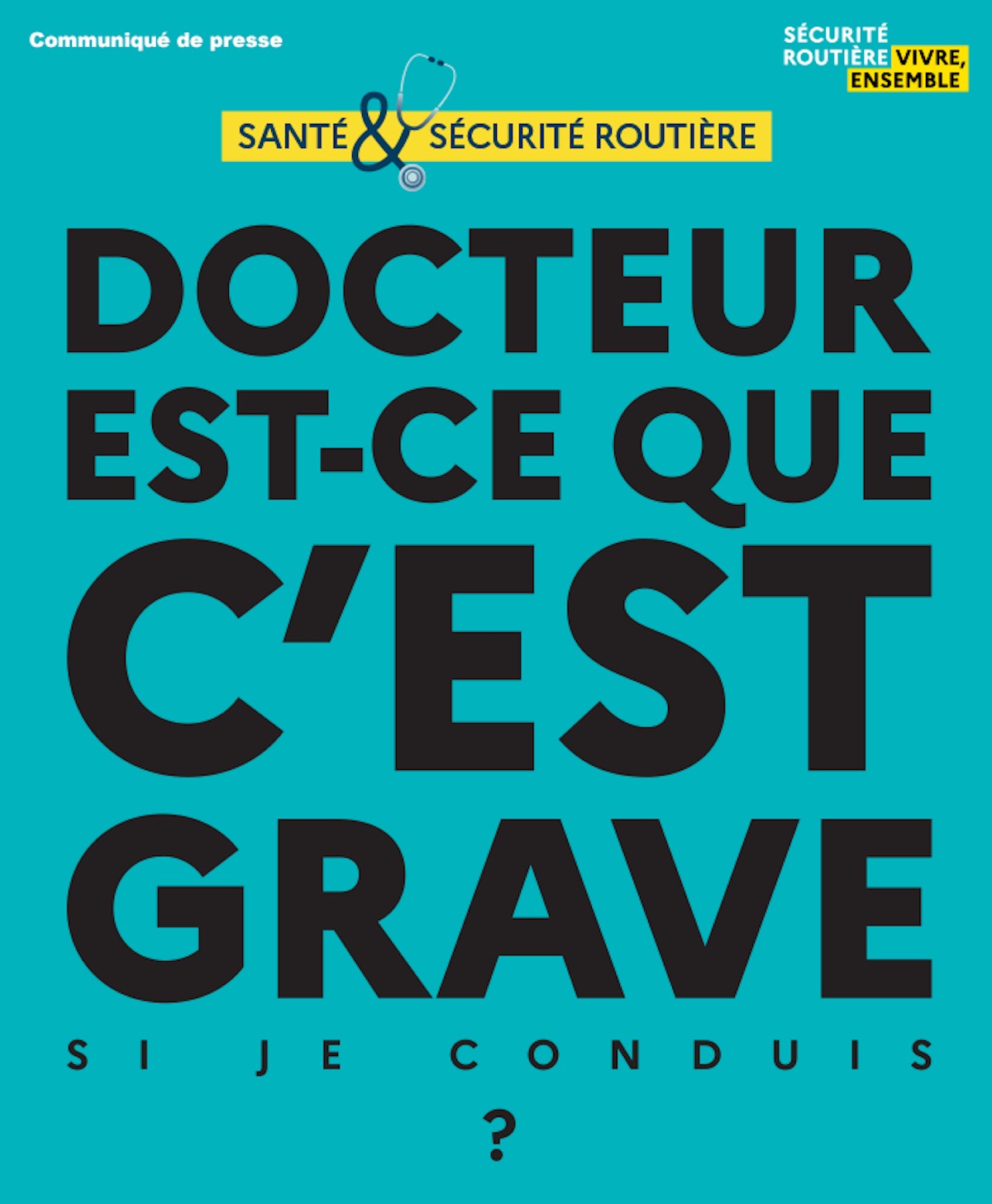Published ,
Reading 2 mins.
Staying mobile and having the right to drive for a person who suffers from a pathology is essential. On March 28, a decree was published in the Official Journal, because the rules governing the right to drive for a few million patients have changed.
New medical and technological criteria taken into consideration
Driving is a right that some patients could not enjoy until today. However, given the evolution of medical knowledge, but also ever more innovative vehicle technologies, certain rules are changing. Indeed, the Road Safety Delegation, in collaboration with the national councils and representatives of doctors approved for medical fitness to drive, have worked together to change these rules.
This is how the decree of March 28, 2022 fixes “the list of medical conditions that are incompatible or compatible with or without accommodations or restrictions for obtaining a driver’s license”. The former decree of December 21, 2005 is therefore canceled and replaced by this text.
When “Road Safety settles in waiting rooms”
This new regulation should allow physicians to better define disqualifications for driving a vehicle. Indeed, any medical condition that may affect the patient’s ability to drive should be discussed with their doctor. Most often, these are:
- Epilepsy;
- Significant sight or hearing problems;
- Cognitive disorders;
- Heavy cardiac pathologies;
- Neurological diseases;
- Diabetes;
- Addiction to alcohol or narcotics.
On the other hand, it seemed important to recall everyone’s responsibility, in particular that of the patient, who must avoid driving when he is not able to drive. The role of the attending physician is also placed at the heart of the text, because he must inform his patient of any incompatibilities with driving a vehicle (pathologies, treatments, etc.). As for the approved doctor, a questionnaire has been created and will henceforth be given to him in order to simplify exchanges between the patient driver and the doctor.
On the occasion of the 15th Congress of General Medicine, which took place from March 24 to 26, 2022 in Paris, Road Safety intervened. It unveiled its poster campaign to raise awareness among patients and encourage them to question the impact of their state of health on their ability to drive. These posters invite them to discuss the subject with the doctor.
What are the main developments?
- Accessibility to a heavy vehicle license is now open to patients with severe locomotor disabilities, but also a severe hearing disability, given the scientific and technological advances made on these means of transport.
- In addition, people with diabetes whose treatment does not entail a risk of hypoglycaemia are no longer required to undergo a medical check-up with an approved doctor in order to drive a light vehicle.
- Also, patients suffering from neuro-evolving pathologies, such as Alzheimer’s disease or cognitive disorders related to these, can no longer drive as soon as signs of cognitive decline appear.

